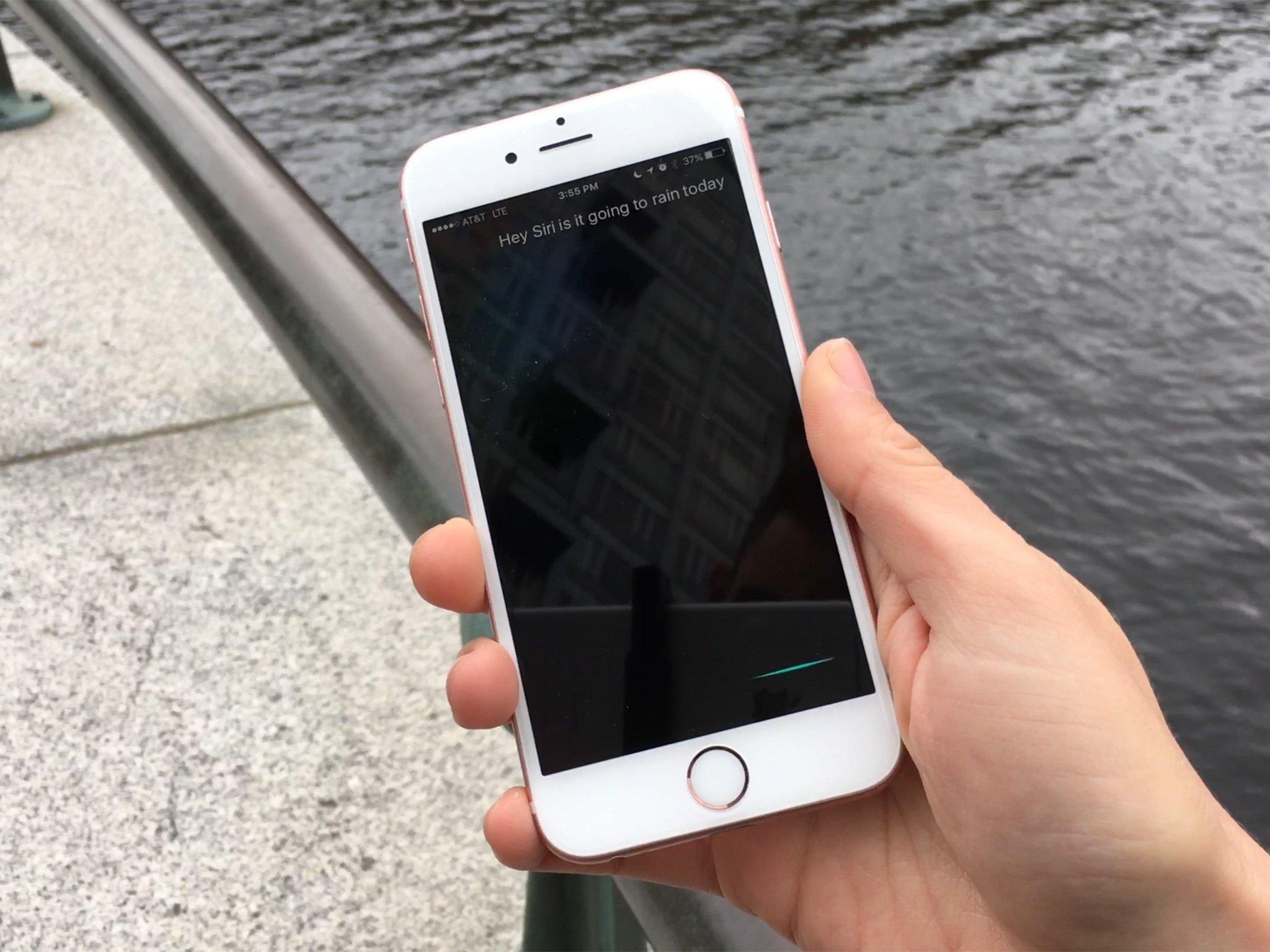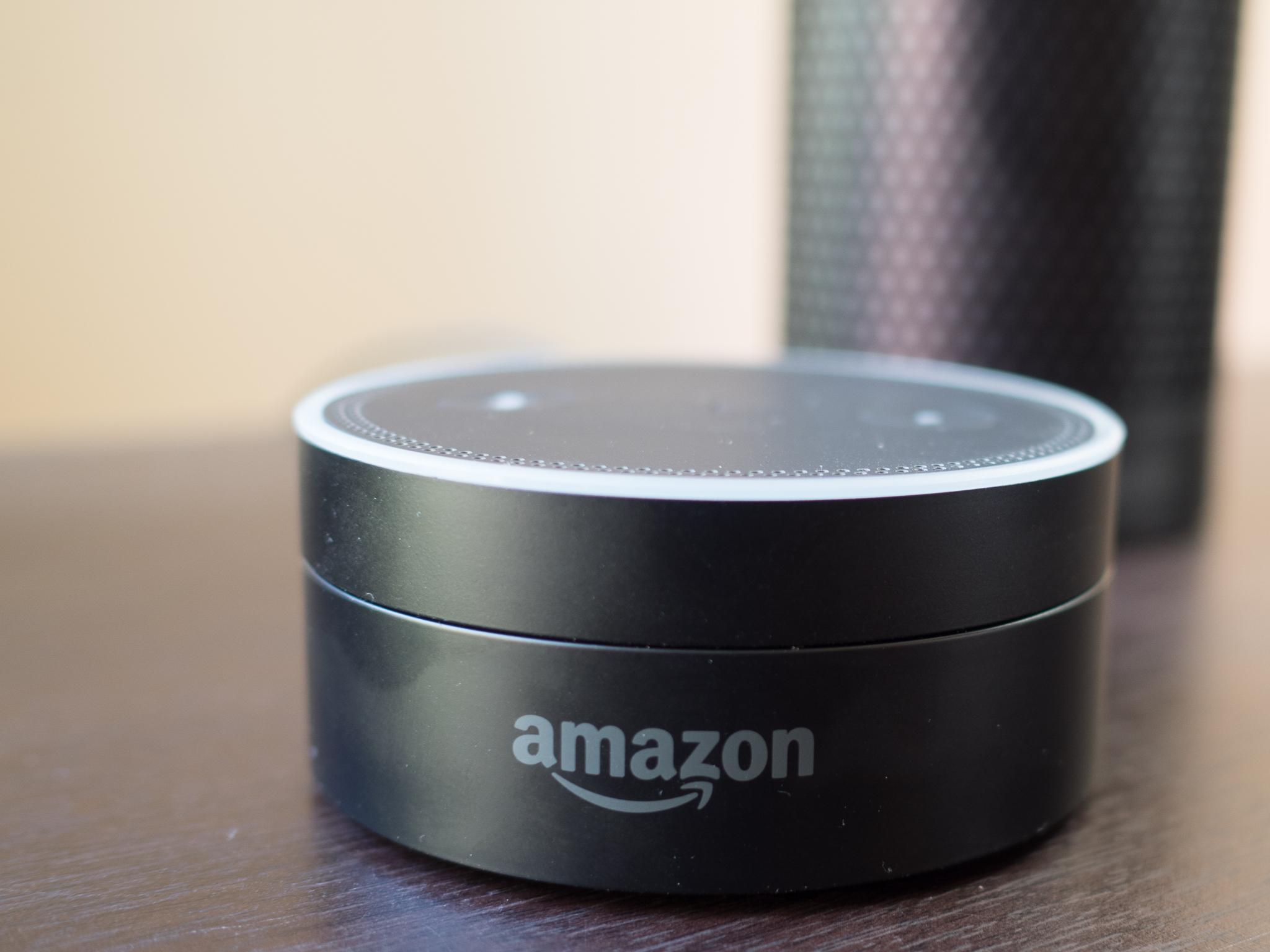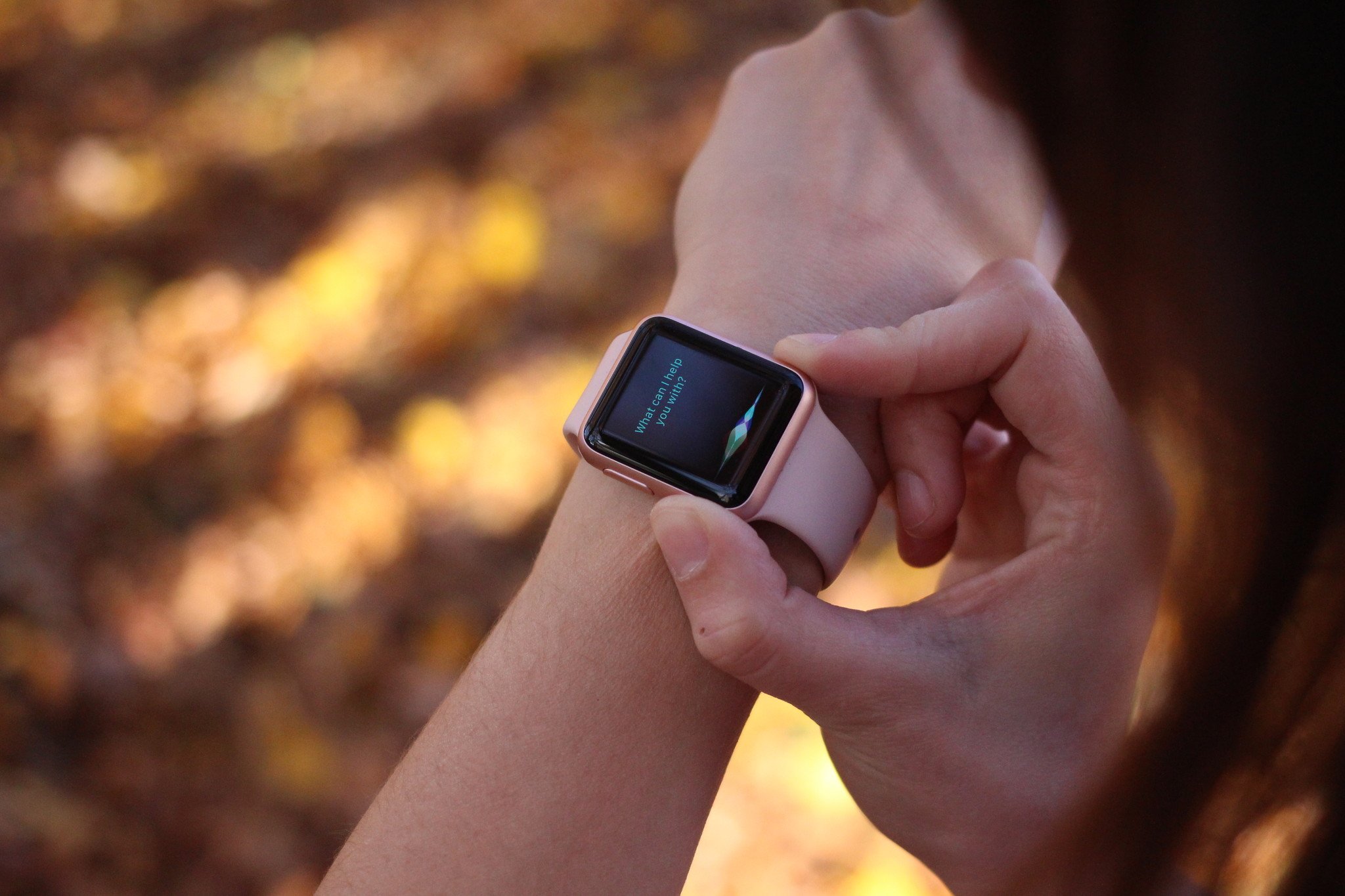Siri vs. Alexa: The good, the bad... or the both?

iMore offers spot-on advice and guidance from our team of experts, with decades of Apple device experience to lean on. Learn more with iMore!
You are now subscribed
Your newsletter sign-up was successful
I've been thinking about getting something that runs Alexa. Probably an Echo. It's not properly supported where I live, which I'll get to later, but it's interesting technology and I'd like to test it out. What interests me most is how radically, almost diametrically opposed Amazon's strategy has been compared to Apple and Siri.
The two companies, and others, are all racing towards the same finish line — a voice-interface good and ubiquitous enough to become the primary interface for certain tasks — but in very different ways.
Then vs. Now
Siri launched in 2011 alongside iPhone 4s. Previously and app from the App Store, Apple acquired it and turned it into the flagship feature for that year's release. It shipped with fewer partner features that it had as an app, but has added several of them back over the years.
Alexa launched in 2014 alongside the the home hub, Echo. A product of Amazon's Lab123, it was inspired by the science-fiction style voice interfaces made famous by Star Trek. Recently, it even added "Computer!" as a trigger word. Which is brilliant.
Pocket vs. Home

Because Apple launched Siri as part of iPhone, it started off life in your pocket. That led to some compromises, like mobile power limitations, small microphones, and a susceptibility to the vagaries of cellular networking. But it also meant Siri was — and is — with you everywhere. If you forget to turn off your lights at home, you don't have to run back to be within shouting distance of your living room. You can trigger a shut-off from across town or around the world. Because of longstanding issues, Siri hasn't earned the cliché "the best assistant is the one you have with you", but there is some convince to it.
(I can't count the number of times I've walked out of my house only to whisper a command to my Apple Watch on my way to the car.)
Alexa began as a box in your living room. That meant it couldn't come with you everywhere — it was a stay-at-home-assistant only. But it also meant it lived on AC power, could have multiple, beam-forming mics, and could rely on fast, stable Wi-Fi for networking. You may not be able to toggle your plug from the mall or the airport, but if you yelled from the kitchen, and Alexa heard you, you could be damn sure it'd get it right.
iMore offers spot-on advice and guidance from our team of experts, with decades of Apple device experience to lean on. Learn more with iMore!
Forms as factors

From iPhone, Siri spread to Apple's other devices. Over the years, in successions quick and slow, Siri came to iPad, Apple Watch, Apple TV, and as of last year, the Mac. That's great for ubiquity, since it means Siri isn't just in your pocket, it's on your lap, it's on your wrist, and yes, it's in your living room and on your desk. It's not consistent, though. Different devices offer different features, which means you can't yet count on Siri doing what you want regardless of which version you ask. That's not due to the optimizations, which make sense, but simply to some services missing on some devices.
Alexa's initial movement didn't move it very far — from Echo to Dot. In other words, it stuck to the home. More recently, though, Amazon has been liberating Alexa. That includes the Alexa Voice Service and Amazon Lex. This way, other manufacturers could choose to integrate Alexa into their own devices, from smart fridges to smart phones. It puts Amazon head-to-head with Google's Assistant.
There are almost 30 supported devices now, but only a few are brands as recognizable as Ford, LG, or Lenovo. That's good and bad. It means Alexa will become more ubiquitous and more mobile, but it also means it will face stronger competition for that ubiquity. In other words, if you get Apple, you get Siri. If you want Alexa, you'll have to navigate your way past Google, Samsung, and others.
Language sets vs. Skill Sets

Apple made Siri international almost immediately. Not at large scale, but enough that you could use it in a few countries and in a few languages. But they kept going and growing from there, adding Siri support to host of places and dialects. Siri now speaks 21 languages, including Hebrew, Arabic, Mandarin, Cantonese, and Malay. And it does it in some 42 countries. Apple TV is even doing multiple concurrent languages now, so you can ask in French for a movie with an English title. Not all languages, countries, and devices have all features, though.
Conversely, Apple's been slow in adding third party support. It took until 2016 to launch SiriKit, the first public API, and even then it offered only a handful of "domains" — types of apps that it could interface with. Apple's approach was to start small but add robust support, meaning less syntax dependence and greater flexibility in the recognition of intent. In theory, that should mean better support but also less support, at least at first.
Amazon has been much more conservative when it comes to languages and regions. From a singularly American start, it's since began moving out to the U.K., Germany, and now internationally. It's only official language support, though, is English and German. What Alexa lacks in linguistics it more than makes up for in integration. I can't even begin to count how many services offer "Skill Sets" for Alexa, and popular ones too. You may have to follow more verbal formulas to properly communicate with them, but that you can communicate with them in vast volume is the attraction. More support, if more rigid at first.
Siri vs. and Alexa
I try to get every new Google phone every year just so I have a point of reference. What it does better I want Apple to learn from and improve on, and what it does worse reminds me that no matter how annoyed I get at Apple sometimes, the grass on the other side has as many barren patches as green spots.
I'm making it a point to do the same with other important technologies. And voice-as-interface is an important technology. Just like I want to feel what the Nintendo JoyCon controllers do with tactile, I want to hear what Amazon does with speech.
I absolutely detest that I'm going to have to hack my way around Amazon not providing Echo support in Canada yet, despite this being 2017 and our being America's comfy winter hat, but I'll figure it out.
What I'm most interested in seeing is how, if at all, the two services compliment each other. Unless and until Apple releases my dream home hub with multi-personal Siri, could there be greater value in having and using both?
If you've got experience using Siri and Alexa together, let me know how it's working for you. And if you have an Alexa product you'd recommend I try out, let me know!

Rene Ritchie is one of the most respected Apple analysts in the business, reaching a combined audience of over 40 million readers a month. His YouTube channel, Vector, has over 90 thousand subscribers and 14 million views and his podcasts, including Debug, have been downloaded over 20 million times. He also regularly co-hosts MacBreak Weekly for the TWiT network and co-hosted CES Live! and Talk Mobile. Based in Montreal, Rene is a former director of product marketing, web developer, and graphic designer. He's authored several books and appeared on numerous television and radio segments to discuss Apple and the technology industry. When not working, he likes to cook, grapple, and spend time with his friends and family.
